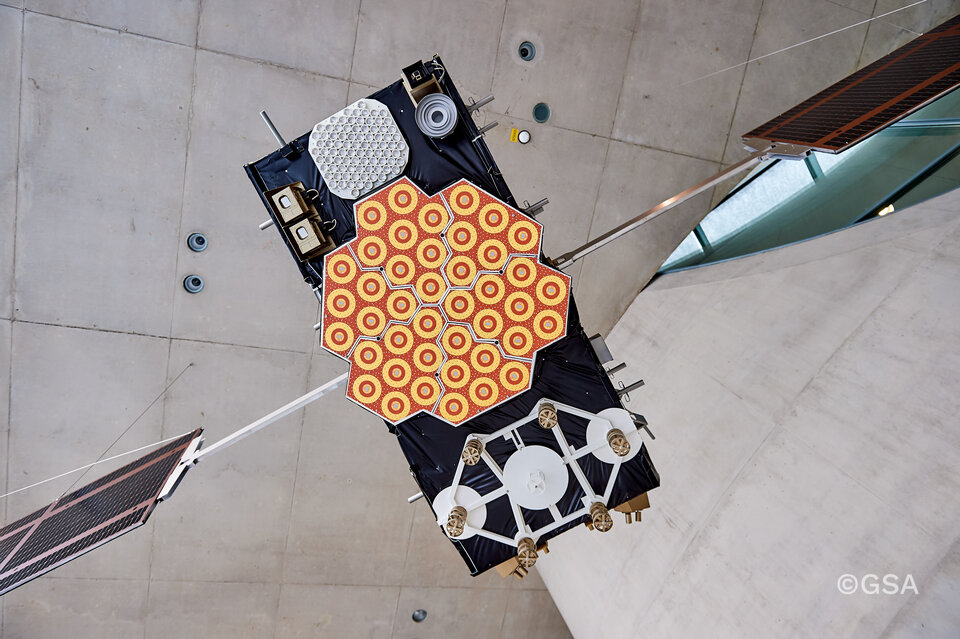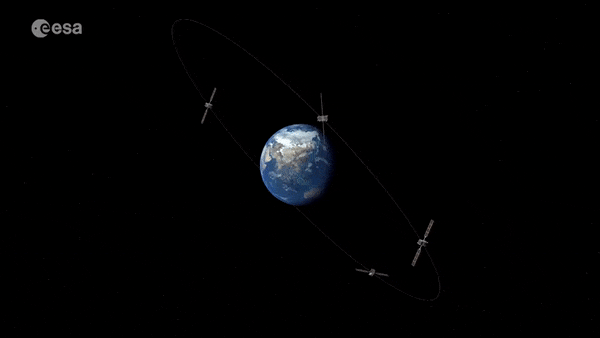How far we've come: Galileo’s 500th ESA Engineering Board
The end of 2020 marked a notable milestone for Europe’s Galileo First Generation, as the programme chalked up its 500th ESA Engineering Board.
Since the first such ‘G1’ Engineering Board in 2008 a total of 26 Galileo satellites have been built, tested and flown, with a further 12 ‘Batch 3’ satellites set to join them in orbit during the coming decade – these satellites are currently being finalised at OHB Systems in Bremen, Germany, then tested at ESA’s ESTEC Test Centre in the Netherlands.
The Galileo system’s globe-spanning ground system has also been put in place and made operational. Galileo began initial operations in December 2016 and is today the world’s single most accurate satellite navigation system, serving more than 1.5 billion smartphones and devices. But all that effort owes its origins to the regular sequence of G1 Engineering Boards.

Much like a modern version of the Agora public square of ancient Greece, Galileo’s ESA Engineering Board is the forum where technical experts regularly meet with a clear objective: maintaining, reviewing and updating the Galileo Project technical baseline, the ‘System Technical Requirements Baseline’ or STRB for short.
This STRB drives the implementation of the Galileo System and its infrastructure, namely the space and ground segments, along with associated interfaces and operations. All in all, the G1 system technical specification under ESA responsibility adds up to more than 22 000 separate requirements – both unclassified and classified in nature, with considerable interdependencies which all need to be controlled in configuration.

The Galileo G1 Engineering Board is chaired by ESA in accordance with its role as Galileo System Design Authority, assigned to it by the European Commission.
For more than 12 years now, ESA and industry engineers from all relevant disciplines – covering system, satellite, ground, signal, radio-navigation, RAMS (reliability, availability, maintainability and safety), security and infrastructure – have put their best skills at the disposal of this Board. It continues to be a crucial enabler for further robustness improvements and new service evolutions.
The G1 Engineering Board meetings will continue into the future, complemented with the Engineering Boards for the new Galileo Second Generation (G2 satellites are planned for later this decade) which are already well underway.


